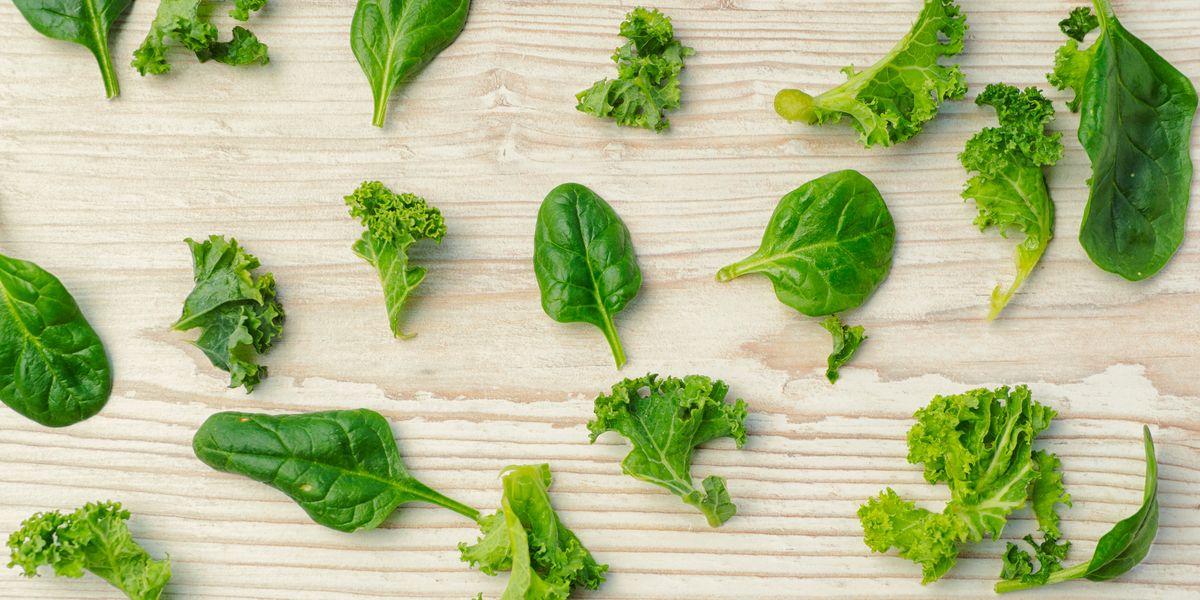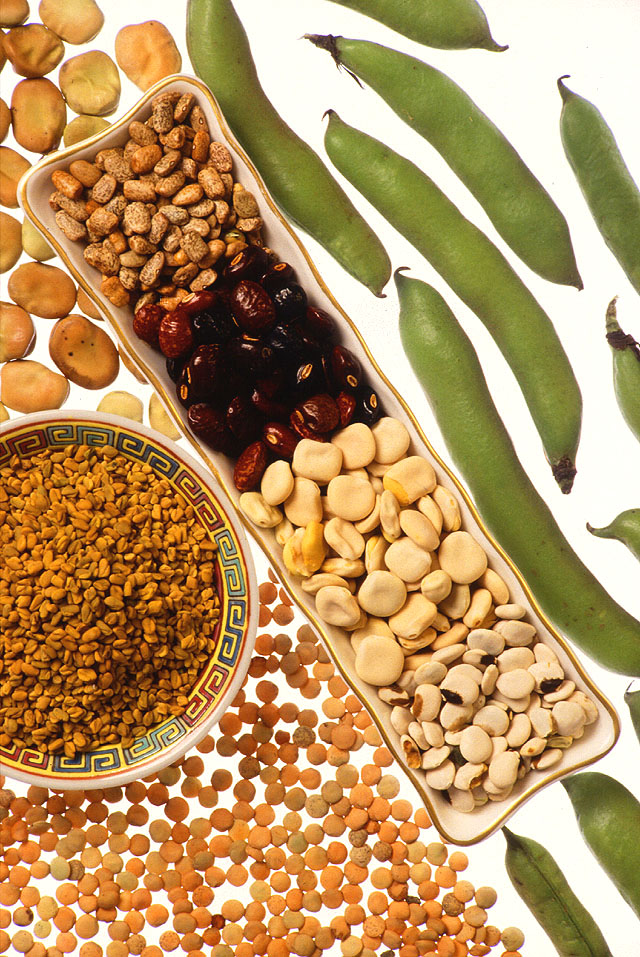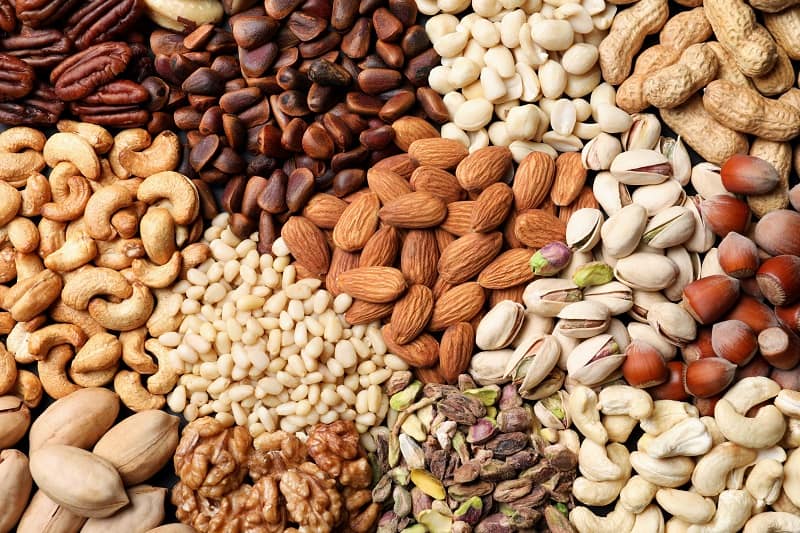The Most Nutritious Plant: Unlocking the Power of Nature's Superfoods
In today's fast-paced world, where processed foods dominate the market, finding nutrient-rich sources of nourishment has become increasingly important. Among the vast array of options, one category stands out as a powerhouse of essential vitamins, minerals, and antioxidants: plants. In this article, we will delve into the world of nutrition and explore the most nutritious plant-based foods available. By understanding their benefits and incorporating them into our diets, we can unlock the full potential of these superfoods.
I. Exploring the Nutritional Value of Plants
Plants offer an abundant variety of nutrients that are vital for maintaining optimal health. They are excellent sources of vitamins, including vitamin C, vitamin A, and various B vitamins. Additionally, they provide essential minerals such as iron, magnesium, potassium, and calcium.
Furthermore, plants are rich in dietary fiber, which aids digestion and promotes a healthy gut microbiome.
II. Unveiling the Powerhouses: Kale and Spinach
Kale and spinach have gained well-deserved popularity as two of the most nutritious plant-based foods. These leafy greens are packed with vitamins, minerals, and phytochemicals. They are particularly known for their high concentrations of vitamins A, C, and K, as well as folate and iron.

Kale and Spinach
Incorporating kale and spinach into your diet can help strengthen your immune system, support bone health, and improve overall vitality.
III. Harnessing the Nutritional Benefits of Berries
Berries are not only delicious but also offer a wide range of health benefits. Blueberries, strawberries, raspberries, and blackberries are rich in antioxidants, including anthocyanins, which help combat oxidative stress and reduce inflammation.
These small fruits also contain vitamins, fiber, and minerals, making them a valuable addition to any diet.
IV. Embracing the Power of Legumes
Legumes, including beans, lentils, and chickpeas, are excellent plant-based sources of protein, fiber, and essential nutrients. They are low in fat and cholesterol, making them heart-healthy choices.

Legumes
Legumes also provide a variety of minerals, such as iron, magnesium, and potassium. Incorporating legumes into meals can promote satiety, support weight management, and contribute to overall well-being.
V. Unlocking the Potential of Cruciferous Vegetables
Cruciferous vegetables, such as broccoli, cauliflower, and Brussels sprouts, are packed with nutrients and health-promoting compounds. They are excellent sources of vitamins C and K, folate, and dietary fiber.
Moreover, cruciferous vegetables contain sulforaphane, a compound known for its anticancer properties. Adding these vegetables to your diet can provide numerous health benefits, including detoxification support and improved cardiovascular health.
VI. Tapping into the Power of Nuts and Seeds
Nuts and seeds are not only delicious and versatile but also offer an abundance of essential nutrients. Almonds, walnuts, chia seeds, and flaxseeds are rich in healthy fats, fiber, vitamins, and minerals. They provide an excellent source of plant-based protein and can support heart health, brain function, and weight management.

Nuts and Seeds
Incorporating a variety of nuts and seeds into your diet can enhance both taste and nutrition.
VII. Conclusion
Incorporating nutrient-dense plant-based foods into our diets is essential for optimal health and well-being. From leafy greens and berries to legumes, cruciferous vegetables, and nuts and seeds, nature has provided us with a wide array of superfoods.
By embracing these powerhouse plants, we can unlock their full potential and enjoy the numerous health benefits they offer. So, let's take a step towards a healthier future by nourishing our bodies with the most nutritious plants that nature has to offer.